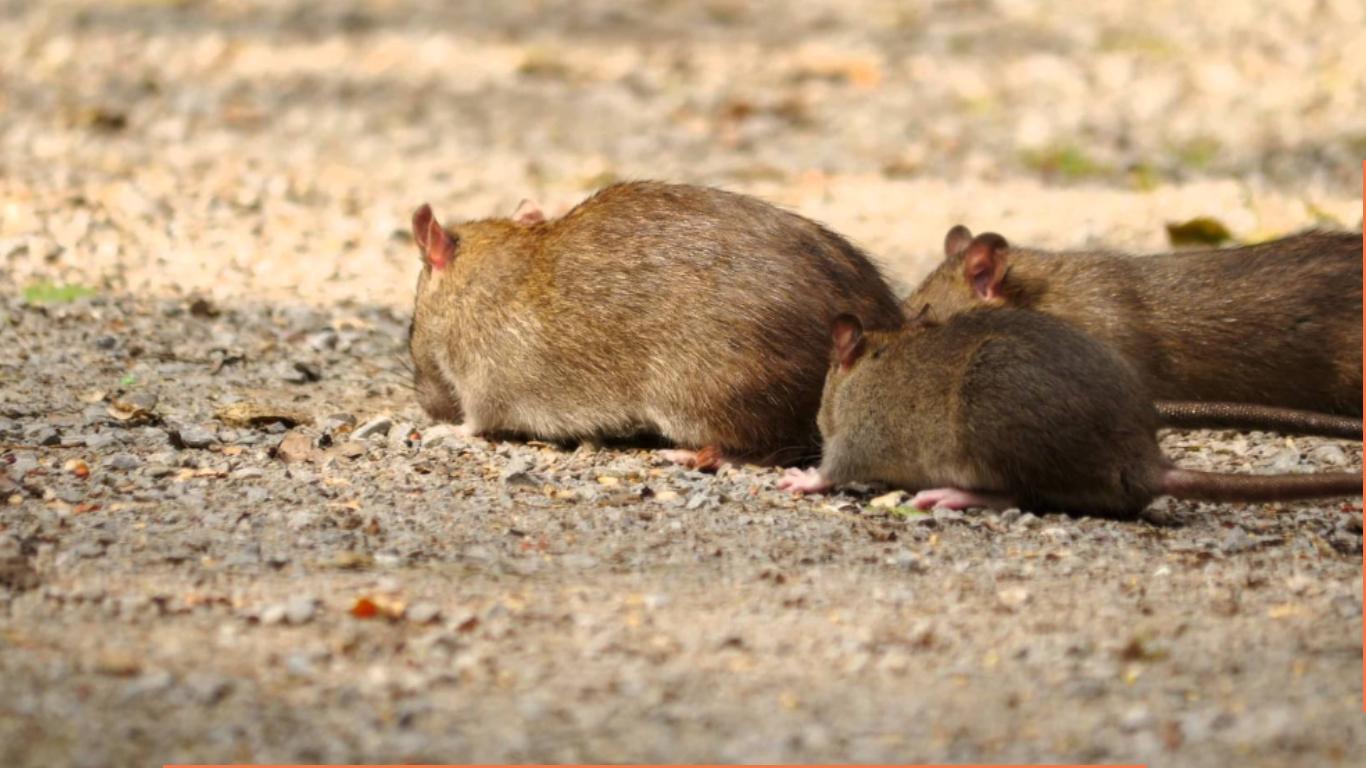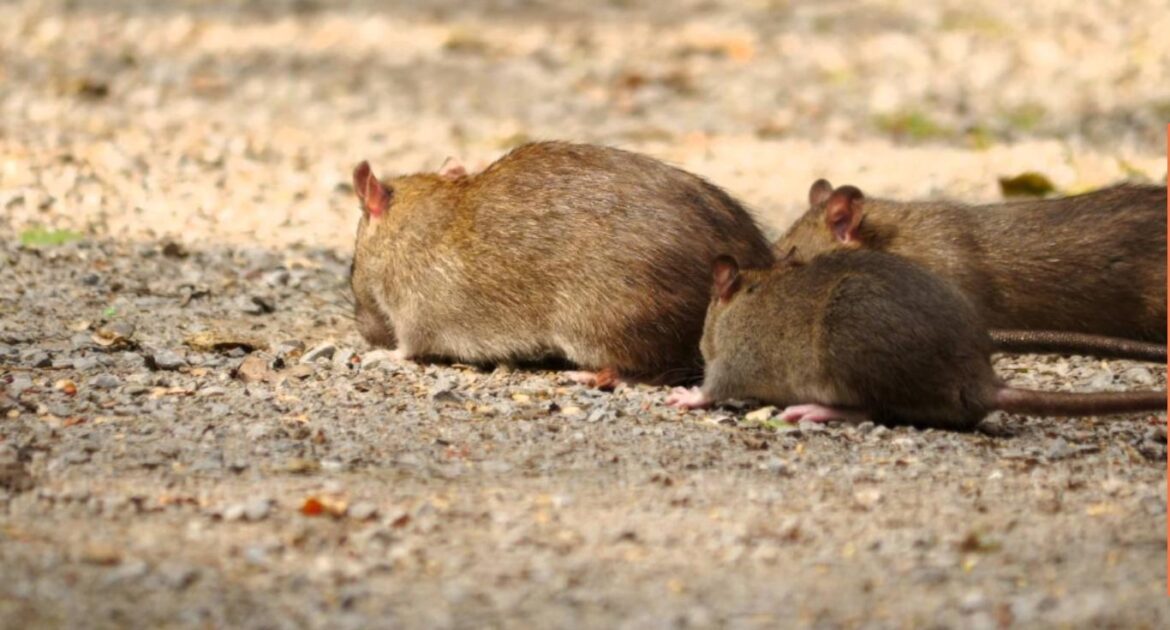Maintaining your lawn and landscaped areas on your property makes your home more attractive and inviting to guests, and a clean yard is less appealing to rodents and other pests. Although you’re unlikely to see a rat running across your property, you could have a rat problem if you see signs of gnawing or burrowing. Rats are nocturnal mammals that hunt for supplies at night, and they’re fond of human dwellings because they provide food, water and shelter. Preventing a rat infestation is vital in protecting your home, family and pets. Rat removal is a task best suited for professional technicians, but you can make these modifications to your property to make your home less desirable to dangerous rodents.
Pruning and Clearing
Unlike mice, rats are not curious animals. Both rodents hunt and gather supplies at night, but rats are more secretive creatures that enjoy their privacy. An overgrown yard is an ideal habitat for a growing rat family. Unkempt bushes and trees provide more cover for the animals to navigate around your yard, and you’re less likely to spot one even at night if your yard is out of control. Keeping your lawn mowed and your shrubs and trees trimmed will leave the rodents more exposed when they’re foraging, and they may decide to move to a more private area.
Be sure to collect the yard waste from pruning and take it to the compost bin or place it in your yard for pick up. Rats can hide under piles of branches and leaves, and they may decide to build a nest if the bundle is not disturbed. Old woodpiles are another favourite habitat for rats, and you should remove decayed wood and check your pile for evidence of rodents.
Removing Water Supplies
Rats need a reliable water source to set up shop in your yard, and you may have heard myths or stories from friends of rats going to great lengths to acquire water from a home. Rats can chew through building materials to find water, but they’re not going to risk an encounter with a human if your property is secure and clean. Pooling water that you find in old potted plants or unused equipment should be emptied immediately to prevent wildlife from invading your yard. If you have ponds or fountains, you might consider draining them if rats are a problem in your area. When you use a rain barrel for watering your plants, you can modify the barrel’s inlet to prevent rats from taking a sip. Attach a piece of wire mesh to the opening, and the rats will have to wander elsewhere to find water.
Securing Garbage Containers and Sheds
Rodents and other wildlife enjoy feasting on food waste, and some animals are clever enough to remove lids that are not secured or locked. Keep your trash in a sturdy container with a latching lid that you can lock up with a padlock. Rats have an advanced sense of smell and can quickly find your garbage if it’s exposed. If you have an outdoor deck or row of picnic tables in your yard for entertaining, try to keep the area free of crumbs, old soda cans and other food waste.
An old workshed, gazebo or storage unit can make a fine home for a rat if the conditions are favourable. Check the doors, windows and walls on all your exterior structures for small holes or cracks that provide easy access to the interior. Rats determine if they can fit into an opening by testing it with their whiskers, and their flexible body structure allows them to squeeze into tiny holes.
Contacting Professionals
Modifying your home can prevent a rat invasion, but if you see evidence of rats, you should rely on professionals to remove them. Rats carry diseases that they can transmit to your family and pets, and they’re not creatures you should handle on your own. When you require wildlife control in Markham, you can count on Skedaddle Humane Wildlife Control. Contact us to set up an appointment.




